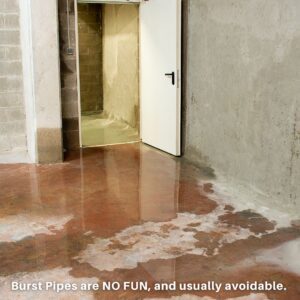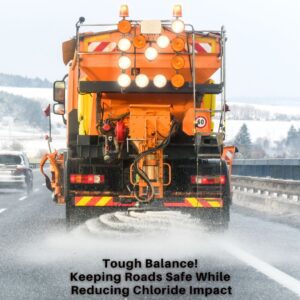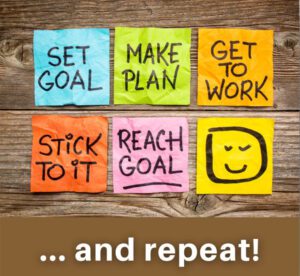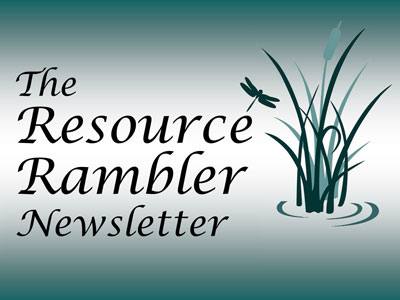‘Tis the Season for Burst Pipes
Winter is upon us, and that means we’ll soon be fielding calls about burst pipes and mold growth. To save yourself the stress and expense of burst pipes this winter, there are a few things you can do ahead of time to prevent and prepare.
 Tips to Prevent Frozen Pipes / Pipe Bursting
Tips to Prevent Frozen Pipes / Pipe Bursting
- Remove and drain all exterior hoses, turn indoor valves off, allow pipes to drain, leave outside valves open.
- Inspect all indoor water pipes before winter begins, and tighten / replace / resolve any visible issues.
- Insulate water pipes and lines that will be most susceptible to freezing, including those that will not be in use during winter months.
- Don’t forget about insulation or temperature control to address any hidden pipes in your basement, attic, and / or crawlspace.
- If closets and cabinets are covering pipes which sit on an outside wall, consider leaving the access door open on very cold days to allow warmer air to circulate.
- Keep garage door closed as much as possible. This also helps reduce heat loss in the home.
- Consider turning faucets on to allow a trickle of water to flow during extreme cold, as the movement of water helps prevent freezing.
Many burst pipe issues happen after a deep freeze and rapid thaw, so being cognizant of that and checking pipes throughout the winter may help prevent or minimize water damage and subsequent mold growth. And come Spring, if you see (or smell) a mold problem, give us a call!
Too Salty!
In case you hadn’t heard, the Farmer’s Almanac forecast says we should all get ready to “shake, shiver, and shovel” this winter! And while we hearty New Englanders are not afraid of the cold, snow, and ice that lie ahead, regional environmental professionals do have a different concern: salt. Yes, salt. 
We rely on road salt to help keep our roads and walkways safe during the winter months, but studies show that over-use of sodium chloride (NaCl) is taking a toll on our environment, impairing our lakes, rivers, and drinking water wells.
NHDES states that in 2008, NH listed 19 chloride-impaired water bodies on the 303(d) list under the Clean Water Act, and by 2020, that number had increased to 50. And according to a recent NH Drinking Water Bureau Newsletter (see p. 4), the cost of treatment for sodium and chloride in water is higher than that of PFAS, VOCs and/or metals combined. This fact sheet from NHDES explains the problem in great detail, but suffice to say, reducing salt use on our roads, walkways, and parking areas is becoming an urgent issue in the region.
As an incentive to help reduce chloride loading in our watersheds, the state has set up a voluntary education and training program for commercial salt applicators in NH. The Green SnowPro Certification Program teaches best practices for reducing salt use while still maintaining public safety. In addition to helping the environment and reducing their own costs due to lower salt use, those who receive the Certification will also obtain limited liability protection from slip and fall claims and other snow/ice related damages as added incentive. The program requires annual renewal and a refresher course every two years. As of November, 2022 there were over 400 certificants on the state list.
Click here FMI on the Green SnowPro Program, and to view the list of Certified Green SnowPro Contractors in NH visit the resources section at the bottom of this page.
Process Improvement Successes
At the start of each new year, Team ARA comes together to define new goals and objectives to address in the year ahead. While these types of discussions  happen readily and informally throughout the year, this dedicated brainstorming session is our opportunity to have discussions about our successes and opportunities for growth, both individually and as an organization. This past January, one of our identified goals was to find more ways to utilize technology to improve our processes and workflow at ARA. Some highlights include:
happen readily and informally throughout the year, this dedicated brainstorming session is our opportunity to have discussions about our successes and opportunities for growth, both individually and as an organization. This past January, one of our identified goals was to find more ways to utilize technology to improve our processes and workflow at ARA. Some highlights include:
- With the addition of some new equipment and software tools, we’ve eliminated the need to manually record many weights, volumes, and results. Without a pen or keyboard, most data go directly from the instrument into our data system.
- More and more, we are eliminating printing from our processes, and paper is well on the way to being an endangered species at ARA.
Over the 22(!) years that we have been doing this Goal Setting process, other successful projects have included:
- adding new lab methods
- targeting new markets
- reorganizing staff roles
- improving our (already amazing) company culture
The next big brainstorming session is around the corner, and we already have our thinking caps on for ways to improve our organization to benefit our loyal staff and customers. Stay tuned!
The Resource Rambler Newsletter is brought to you by your friends at Absolute Resource Associates. ©


